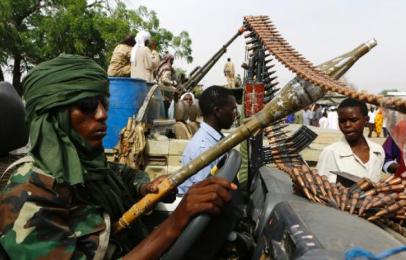RSF units committed no abuses, Sudan tells human rights groups
September 20, 2015 (KHARTOUM) – The minister of state at the Sudanese Ministry of Justice Ahmed Abu-Zeid cleared the Rapid Support Forces (RSF) militia from any abuses saying that their formation is on voluntary basis and were trained and incorporated into the army.

He pointed to a workshop organized by the special Darfur crimes prosecutor in Geneva that was attended by a large number of interested parties and human rights monitors in which he refuted the allegations of mass rape committed in the village of Tabit in North Darfur.
The prosecutor explained that Darfur saw the deployment of more prosecutors and mobile courts in line with the government’s plan to achieve stability and development.
Abu-Zeid also noted that they informed the human rights organizations that RSF are not existing as a separate force.
The RSF, which is widely known as the Janjaweed militias, were originally mobilized by the Sudanese government to quell the insurgency that broke out in Sudan’s western region of Darfur in 2003.
The militia was reactivated and restructured again in August 2013 under the command of NISS to fight the alliance of rebel groups from Darfur region, South Kordofan and Blue Nile states following joint attacks in North and South Kordofan in April 2013.
Abu-Zeid also denied imposing restrictions on the freedom of expression and pointed out that the government does not own the media or newspapers which at times are highly critical of state policies.
The official acknowledged however that some newspapers are suspended when they violate the Press and Publications Law.
(ST)
